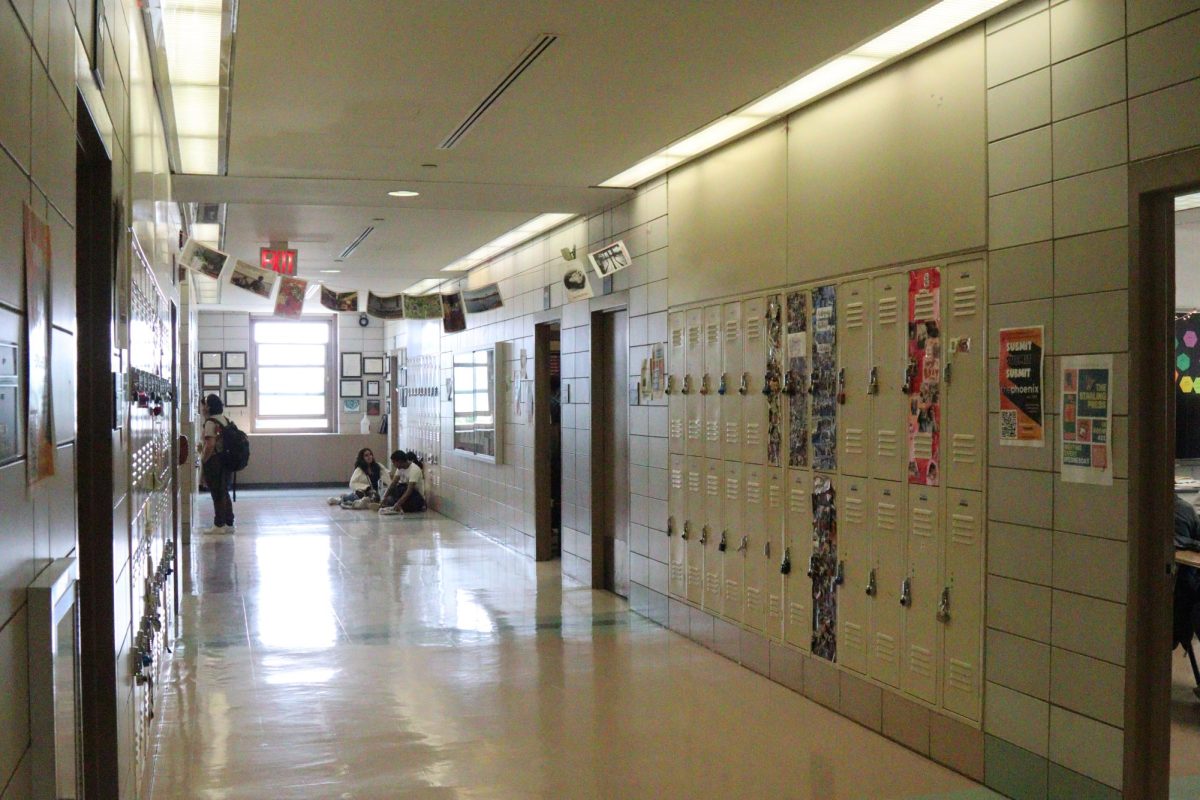
The beginning of April marks the end of college application season. As seniors reflect on their experiences, one confounding factor prevents their relief: The delay of the Free Application for Federal Student Aid (FAFSA). In the fall of 2023, the Office of the U.S. Department of Education announced that there would be significant delays in the form release and processing. To many, students’ financial aid awards are among the most important factors in deciding which college to attend.
Many seniors’ application processes were complicated or drawn out because of their expectations for FAFSA. Senior Mikayla Robinson said that though she “hadn’t thought about college season until it rolled around, the FAFSA delay was really annoying.” The process of applying for FAFSA in December as opposed to October, when many students were still unaware how the delay would affect their aid packages, was stressful to her and other seniors. “It sucked the energy out of me,” she said, “I’m completely burned out.”
Senior Giselle Giler felt that the FAFSA delay did not necessarily affect her application process significantly. “It more so [affects] how long it will take for people to commit after decisions,” she said. Giselle also said that she was relying heavily on need-based aid due to her family situation, and hopes she will “be able to go to school without paying much.” In fact, many seniors felt that the biggest delay in their commitments to college were the lack of packages that came with their acceptance letters. This is seen especially in schools that do not consider the CSS profile, another financial aid application through the College Board. “Many people don’t want to accumulate a lot of debt going into undergrad, especially considering that a lot of people at this school have aspirations of going on to gain higher education and additional degrees after undergrad,” Giselle said.
Senior Javeer Khan agreed, “Some people may not apply to more expensive colleges because if they get in, they may end up rejecting the letter anyway” due to tuition costs.
As of late March, most FAFSA applications have been processed. Even though, according to Guidance Counselor Sara Skoda, most colleges have already received FAFSAs, Javeer points out another obstacle. “If there was a mistake, they made it so you had to wait weeks to fix it” (currently, on the studentaid.gov website, a message is displayed indicating that students can begin to make edits in late March). Ms. Skoda agrees that these challenges that students had to navigate were only exacerbated by the widespread confusion and dated information. “I have sat with students whose colleges have yet to receive FAFSAs, or that were processed incorrectly,” she said. One senior even pointed out that her peers were affected by an overestimation of family and student contribution, resulting in less aid.
However, students can take some action. Ms. Skoda advised that students “reach out to their school’s financial aid offices directly to see if their FAFSA application was processed and also how soon these colleges will be able to provide financial aid packages.” Of course, due to the heavy volume of issues flooding financial aid offices across the country, requests may be delayed or lost in the shuffle.
“Advocacy can put pressure on the colleges that have not changed their decision deadlines,” she said. Many colleges have relaxed their financial aid deadlines, but others are considering the delayed FAFSAs to be “late” even if the student submitted the application on December 31.
Corrections have been made to the 2024-2025 FAFSA’s algorithm since its opening, and students applying for the 2025-2026 application cycle should experience the FAFSA as “normal” as it was the previous cycles.
However, current seniors offered a piece of advice for college applications: begin as early as possible. Senior Sangeeta Chakraborty said, “Start [preparing for college applications at the] end of junior year. Do not wait. When your English teachers make you start your essay, take it seriously.” Starting their applications early gives students a chance to both better their essays and tackle financial aid and scholarship opportunities as soon as they become available. “And researching colleges is incredibly important, too,” she said.
Ms. Skoda said that she is preparing students for the possibility of another detrimental FAFSA delay. “Colleges have to readjust how they do things on their end, and tell us what they are doing,” she said. Researching and staying updated on each college’s specific financial aid is the best way to be proactive if FAFSA remains unpredictable. Students should also look to the CSS Profile and New York State-specific aid, such as TAP or Excelsior, for more resources and opportunities.




























